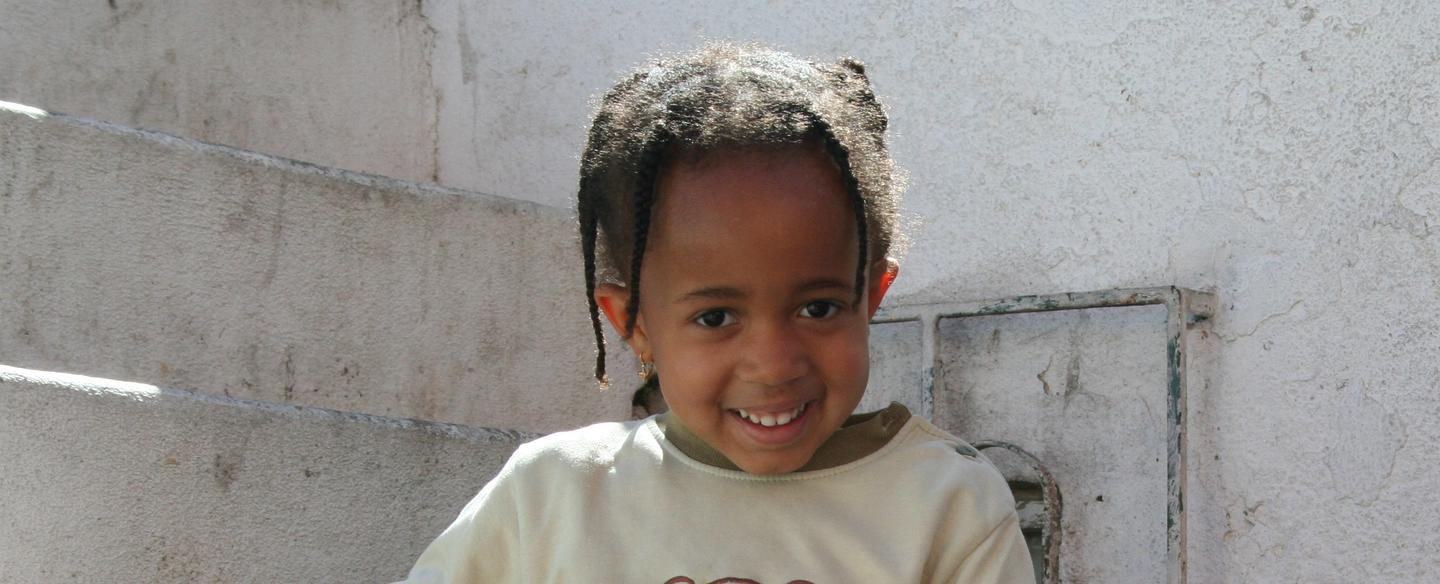The grant agreement for the €3.2 million project in the neighbourhood of Cova da Moura was signed on 2 April 2008 in Lisbon. The project is part of the Critical Urban Areas (CUA) programme, a close to €100 million urban rehabilitation investment in Portugal, also covering the areas of Vale da Amoreira, and Lagarteiro in the Oporto metropolitan area. Iceland, Liechtenstein and Norway also support parts of the Vale da Amoreira project through a €3.2 million grant from the financial mechanisms. Both the financial mechanism supported project parts and the CUA programme are managed by the National Housing Institute.
The coming improvement of living conditions in the run-down urban area of Cova da Moura, housing an estimated 7000 people on 16 hectares, involves inter-ministerial cooperation, civic participation and participation of local authorities. The pilot participatory project holds strong local backing, as the Cova da Moura community is ready to turn around the area's bad public image.
The neighbourhood dates back to the beginning of the 1970s, when lack of housing in Lisbon led large parts of the immigrant population to develop a community of illegal housing in the city's outskirts. Spatially and socially segregated, the area and its inhabitants have struggled with the dispute over the occupied land, precarious housing situations, insecurity due to drug sale and criminality, as well as social exclusion.
The manifold project aims to legalise the area's land ownership, laying the ground for social and economic sustainability, and rehabilitate the community's basic infrastructure such as electricity, gas, roads and telephone lines. Local residents will be able to participate in a multitude of social and educational activities, and the project has a strong focus on support to activities that could strengthen local entrepreneurship and employment. In order to further improve the neighbourhood's image, the number of local cultural festivities and events will increase and an old wind mill will be restored.
